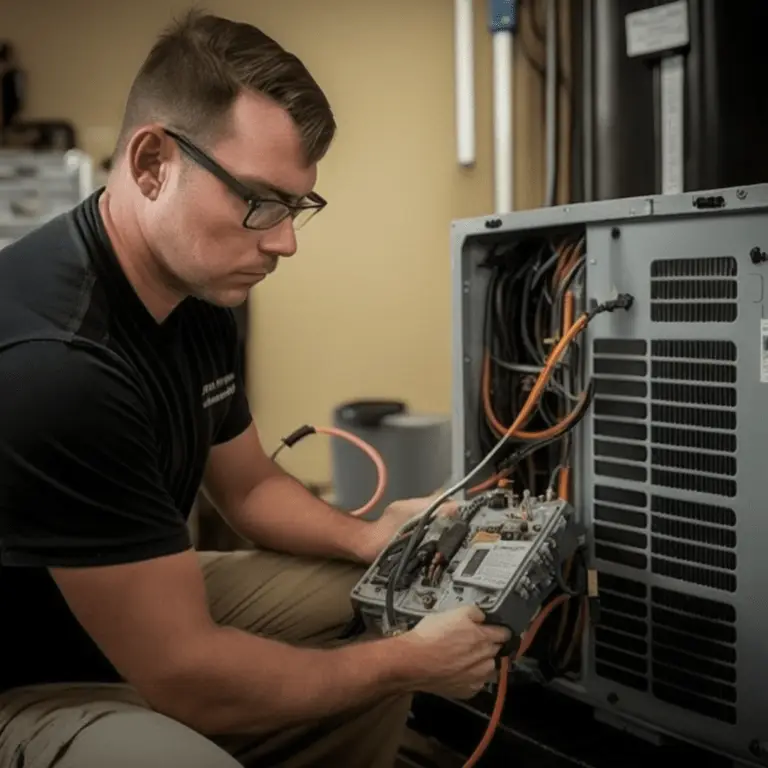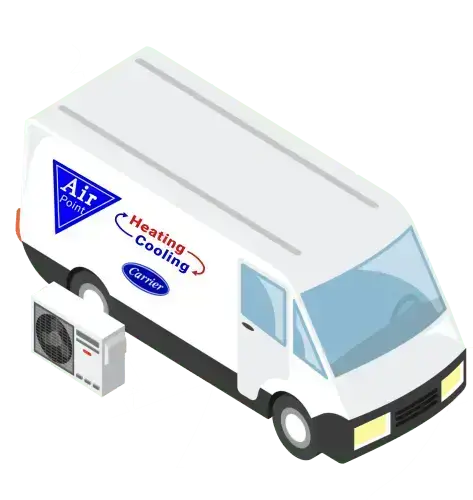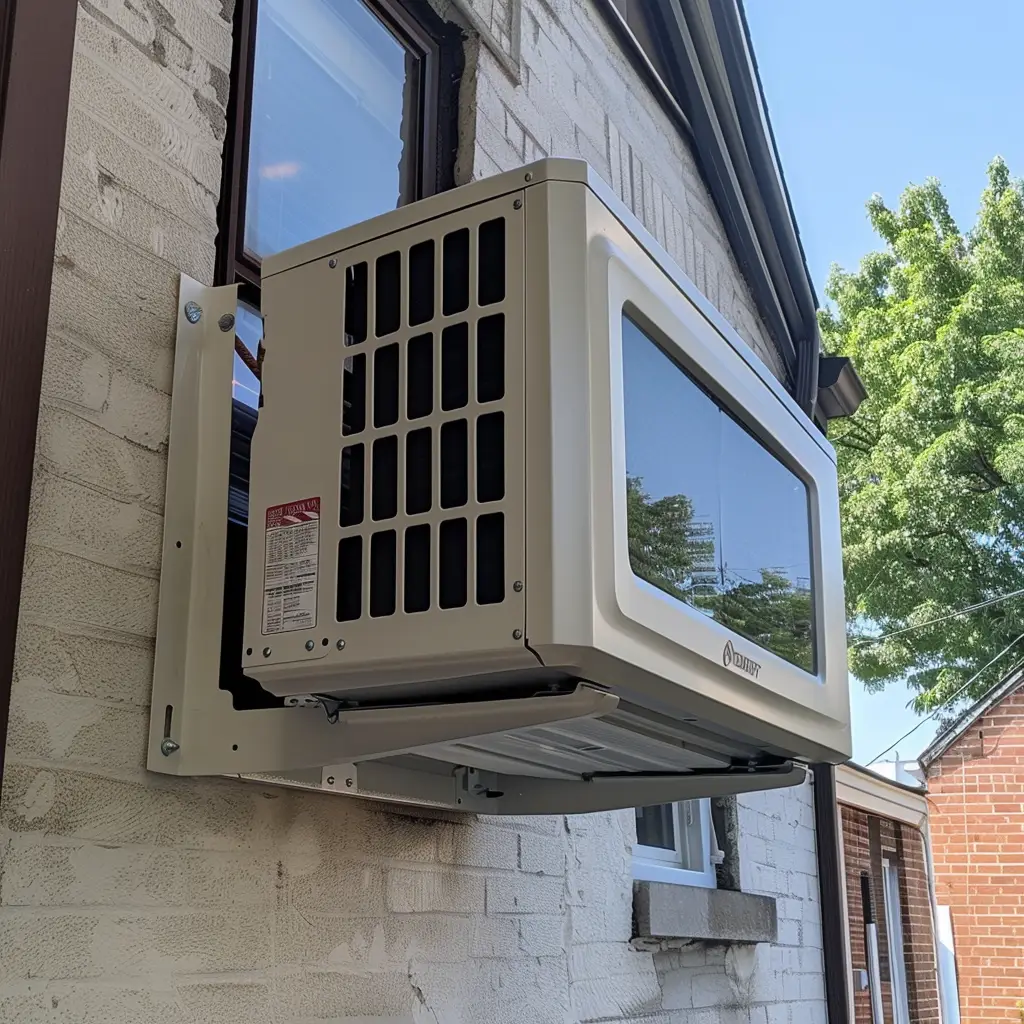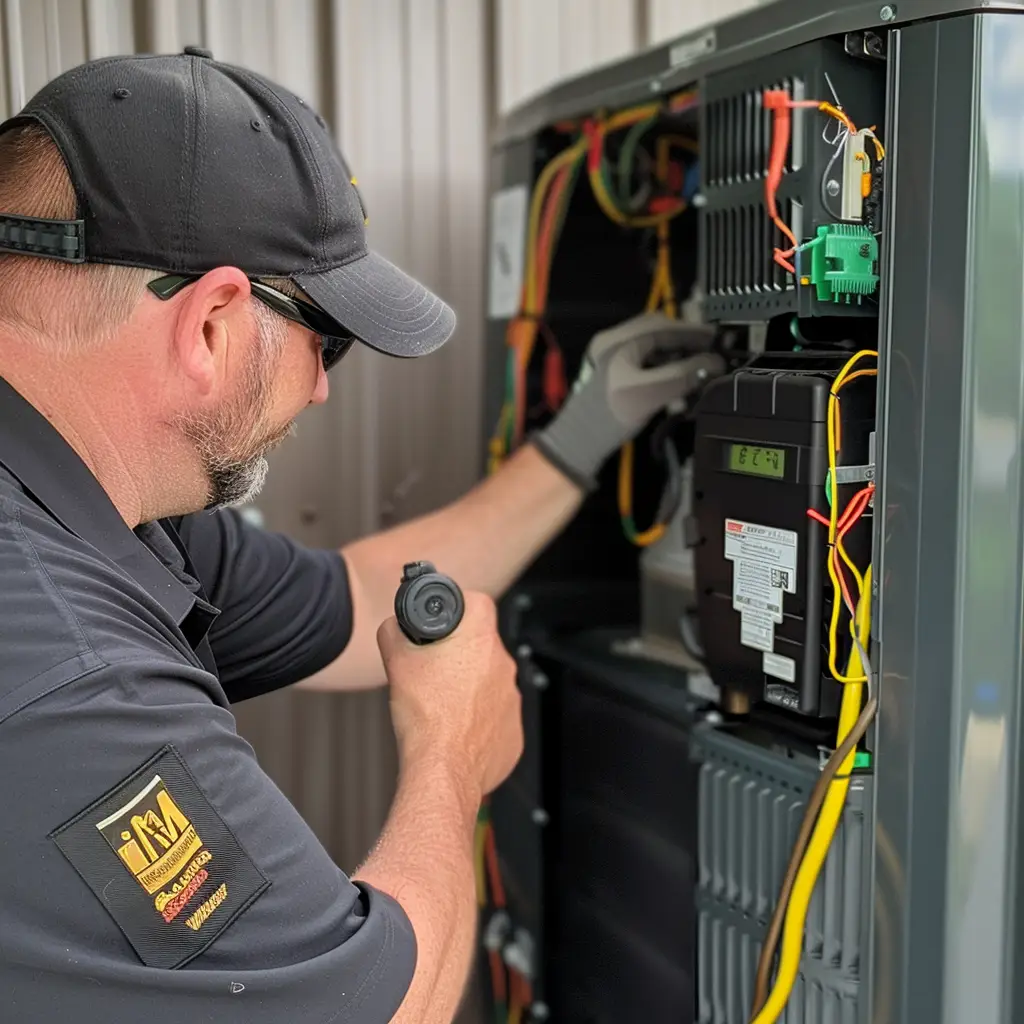Introduction to Seasonal HVAC Maintenance
Your HVAC system works tirelessly to keep your home comfortable all year round. With the changing seasons come varying demands on your heating and cooling system, making it essential to perform regular maintenance. This guide offers valuable insights into seasonal HVAC maintenance, ensuring that your system runs efficiently and effectively all year long.
The Importance of Regular HVAC Maintenance
Why is seasonal maintenance so crucial? Regular upkeep has numerous benefits, including:
- Improving energy efficiency
- Prolonging the lifespan of your system
- Reducing the risk of costly breakdowns
- Maintaining optimal indoor air quality
- Ensuring the safety and comfort of your home
Now, let’s dive into specific seasonal maintenance tasks for your HVAC system.
Spring HVAC Maintenance Tips
As temperatures begin to rise, your air conditioning system will be working harder to keep your home cool. Prepare your HVAC system for the warmer months with these spring maintenance tips:
Clean or Replace Filters
Dirty filters can lead to decreased efficiency and poor air quality. Clean or replace your filters every 1-3 months, depending on the type of filter and your household’s needs.
Check and Clear Drain Lines
Clogged drain lines can cause water damage and affect your system’s performance. Inspect and clean the drain lines to ensure proper drainage.
Inspect and Clean AC Coils
Dirty coils can reduce your system’s efficiency and lead to higher energy bills. Clean the evaporator and condenser coils to ensure optimal performance.
Summer HVAC Maintenance Tips
During the hot summer months, your HVAC system works overtime to keep you cool. Follow these maintenance tips to keep your system running smoothly:
Check Refrigerant Levels
Low refrigerant levels can decrease the efficiency of your air conditioner. Have a professional check and adjust the levels if needed.
Inspect and Clean Condenser Coils
Dirty condenser coils can reduce your AC’s cooling capacity. Clean the coils to ensure your system works efficiently.
Evaluate and Maintain the Ductwork
Leaky ducts can lead to energy loss and uneven cooling. Inspect the ductwork for leaks and seal them with mastic or foil tape.
Fall HVAC Maintenance Tips
As temperatures start to drop, your heating system will be put to the test. Prepare your HVAC system for the colder months with these fall maintenance tips:
Inspect the Heating System
A thorough inspection of your heating system can identify any potential issues before they become costly repairs. Schedule a professional inspection and tune-up for your furnace or heat pump.
Clean and Adjust Burner Assembly
A clean and properly adjusted burner assembly ensures efficient combustion and reduces the risk of carbon monoxide exposure. Have a professional clean and adjust the burner as needed.
Check Safety Controls and Thermostats
Ensure that all safety controls are functioning correctly and that your thermostat is accurately calibrated. This will help maintain a comfortable temperature and prevent potential hazards.
Winter HVAC Maintenance Tips
During the winter months, your heating system is working hard to keep your home warm and cozy. Keep your HVAC system running optimally with these maintenance tips:
Inspect and Replace Weatherstripping
Damaged weatherstripping can lead to drafts and increased energy costs. Inspect and replace any damaged weatherstripping around doors and windows.
Check and Maintain Insulation
Proper insulation helps keep your home warm and reduces energy consumption. Inspect your home’s insulation and add or replace it as needed.
Ensure Proper Ventilation
Proper ventilation is essential for maintaining indoor air quality and preventing moisture issues. Check and clean your ventilation system to ensure it’s working efficiently.
Trust AirPoint for Exceptional Seasonal HVAC Maintenance and Peace of Mind
Regular seasonal HVAC maintenance is vital for the overall performance and longevity of your heating and cooling system. By following these maintenance tips, you can ensure that your HVAC system operates efficiently and effectively, providing you with a comfortable living environment all year round.
Choosing a reliable and professional HVAC service provider is essential for maintaining your system. At AirPoint, a Carrier factory authorized dealer and NATE certified company in Toronto, we take pride in our commitment to delivering top-notch services. Our accolades, including HomeStars Best of the Best 2023 and 5-star ratings on Google and HomeStars, speak to our dedication to customer satisfaction. With fully certified technicians by TSSA, HRAI and CSA., you can trust AirPoint to handle your seasonal HVAC maintenance needs while maintaining a neutral stance on the topic.
Remember, investing in regular HVAC maintenance not only enhances the efficiency and lifespan of your system but also ensures the safety and comfort of your home.
For tips on how to keep your furnace running in top shape all year long, watch this video by Everyday Home Repairs
Seasonal HVAC Maintenance FAQs: Answers from the Experts
Get more answers to your questions about seasonal HVAC maintenance from the experts at AirPoint
How often should I schedule a professional HVAC inspection?
It is recommended to schedule a professional HVAC inspection and tune-up at least once a year, preferably during the spring or fall.
How do I know if my air filter needs replacing?
Check your air filter every 1-3 months. If it's visibly dirty or clogged, it's time to replace it.
What is the best thermostat setting for energy efficiency during the winter months?
The U.S. Department of Energy recommends setting your thermostat to 68°F (20°C) while you're awake and lowering it while you're asleep or away from home to save energy and reduce heating costs.
Can I perform HVAC maintenance tasks myself, or should I hire a professional?
While some tasks, such as changing air filters and checking weatherstripping, can be done by homeowners, it's best to hire a professional for tasks that require specialized knowledge and tools, such as inspecting and cleaning coils, adjusting burner assemblies, and checking refrigerant levels.
How can I improve my home's energy efficiency during the summer months?
To improve energy efficiency during the summer, set your thermostat to 78°F (26°C) when you're at home and raise it when you're away. Additionally, use ceiling fans to help circulate cool air, close curtains and blinds to block out heat from the sun, and seal any leaks in your ductwork.





